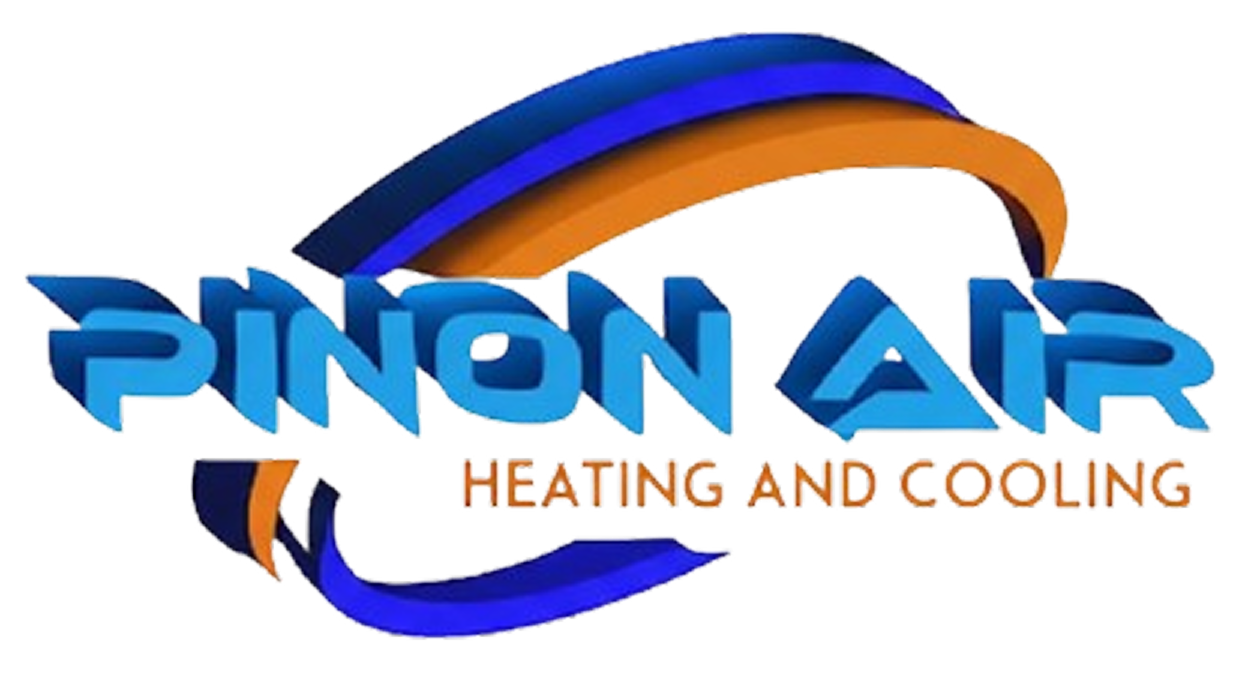Heat Pumps Repair in Laveen, AZ
Need heat pump repair in Laveen, AZ? Our experts diagnose and fix common issues like unusual noises and inconsistent temperatures. Get reliable service today!

Expert Heat Pump Repair in Laveen, AZ
When your heat pump malfunctions in Laveen, maintaining home comfort becomes difficult. This page details common signs that indicate your heat pump requires professional attention, such as inconsistent temperatures, unusual noises, short cycling, being stuck in one mode, sudden energy bill spikes, and ice buildup. It outlines a comprehensive repair process, including thorough diagnostics, clear explanations of issues and recommendations, precision repair work using quality parts, and final system testing. The content also guides homeowners on deciding between repairing an existing heat pump and replacing it, considering factors like unit age, repair costs, and overall system efficiency.
-min.jpg)
Expert Heat Pump Repair in Laveen, AZ
When your heat pump stops working correctly in Laveen, comfort becomes an immediate concern. Whether you're facing the intense summer heat or a surprisingly chilly desert night, a malfunctioning heat pump disrupts your home’s balance and your peace of mind. A reliable, year-round comfort system is not a luxury; it’s a necessity. We specialize in providing prompt, professional heat pump repair services designed to restore your system to peak performance quickly and efficiently. Our experienced technicians understand the unique demands of the Arizona climate and are equipped to handle any issue your heat pump might present.
Signs Your Heat Pump Needs Professional Attention
It’s not always obvious when a heat pump is on the verge of a breakdown. Recognizing the early warning signs can help you address problems before they escalate into more significant, costly failures. If you notice any of the following issues with your system, it’s time to schedule a professional diagnostic assessment.
Inconsistent TemperaturesOne of the most common indicators of a problem is a heat pump that struggles to maintain the set temperature. You might notice that some rooms are warmer or cooler than others, or that the system runs constantly without ever reaching the desired comfort level. This can point to issues ranging from low refrigerant levels to a failing compressor.
Unusual NoisesYour heat pump should operate with a relatively low, consistent hum. If you begin to hear loud or unusual sounds, such as grinding, rattling, squealing, or banging, it’s a clear signal that something is wrong. These noises often indicate loose parts, a failing motor, or other mechanical problems that require immediate repair to prevent further damage.
Short CyclingShort cycling occurs when the heat pump turns on and off in rapid, frequent succession. This not only prevents your home from being heated or cooled effectively but also places immense strain on the system’s components, leading to premature wear and tear and significantly higher energy consumption.
Stuck in Heating or Cooling ModeA key component of your heat pump is the reversing valve, which switches the flow of refrigerant to allow the unit to transition between heating and cooling modes. If your system gets stuck in one mode and won’t switch to the other, the reversing valve is often the culprit and needs to be inspected by a qualified technician.
Sudden Spike in Energy BillsIf your utility bills have inexplicably increased without a change in your usage habits, your heat pump may be to blame. A struggling system has to work much harder to heat or cool your home, causing a direct increase in energy consumption. A professional repair can restore its efficiency and bring your energy costs back down.
Ice or Frost BuildupWhile a light layer of frost can be normal during the heating cycle in cold weather, a significant buildup of ice on the outdoor or indoor coils is a sign of a problem. This can be caused by a dirty filter, low refrigerant, or a malfunctioning defrost cycle, all of which hinder the unit’s ability to transfer heat effectively.
Our Comprehensive Heat Pump Repair Process
We believe in a transparent and thorough approach to every repair. Our goal is not just to fix the immediate problem but to ensure your entire system is functioning correctly for long-term reliability. From the moment you reach out, you can expect a seamless and professional experience.
- Thorough Diagnostic Assessment: Our process begins with a comprehensive inspection of your entire heat pump system. A certified technician will meticulously examine both the indoor and outdoor units, checking electrical connections, refrigerant levels, airflow, motor function, and all critical components. We use advanced diagnostic tools to accurately pinpoint the root cause of the issue.
- Clear Explanation and Honest Recommendations: Once the diagnosis is complete, our technician will explain the findings to you in clear, easy-to-understand terms. We’ll discuss the nature of the problem, outline the necessary repairs, and provide a straightforward overview of your options. We ensure you have all the information needed to make a confident decision about your home’s comfort.
- Precision Repair Work: With your approval, our technician will proceed with the repair. We use high-quality replacement parts and adhere to the industry’s best practices to ensure every repair is performed with precision and care. Whether it involves fixing a refrigerant leak, replacing a faulty capacitor, or repairing a complex compressor issue, we are committed to restoring your system’s integrity.
- Final System Testing and Verification: After the repair is complete, we don’t consider the job done. We conduct a full system test to verify that the heat pump is operating at optimal efficiency and providing the correct heating and cooling output. We check thermostat calibration, airflow, and cycle times to confirm that the problem has been fully resolved and your comfort is restored.
When to Repair vs. Replace Your Heat Pump
A common question homeowners face is whether to invest in a repair or consider a full system replacement. Several factors can help guide this decision. The age of your unit is a primary consideration; most heat pumps have a lifespan of 10-15 years. If your system is approaching or has surpassed this age and requires frequent or major repairs, replacement may be the more cost-effective long-term solution.
The cost and extent of the needed repair are also critical. If the repair cost is a significant percentage of the price of a new unit—especially for a major component like the compressor—it may be wiser to invest that money into a new, more efficient system. Finally, consider your system's overall efficiency. Older models are far less efficient than modern heat pumps. Upgrading can lead to substantial savings on your monthly energy bills, helping the new system pay for itself over time. Our technicians can provide an honest evaluation to help you weigh these factors and make the best choice for your home and budget.
Book Expert HVAC Service or Contact Us
Financing
Explore financing with our guide to navigate financial planning and secure your future.







